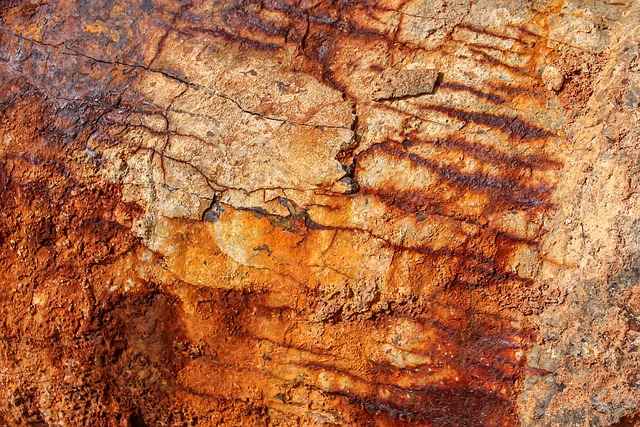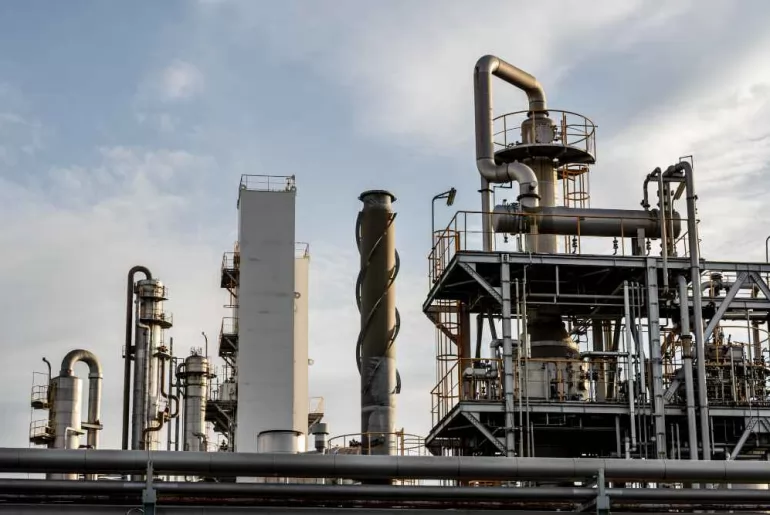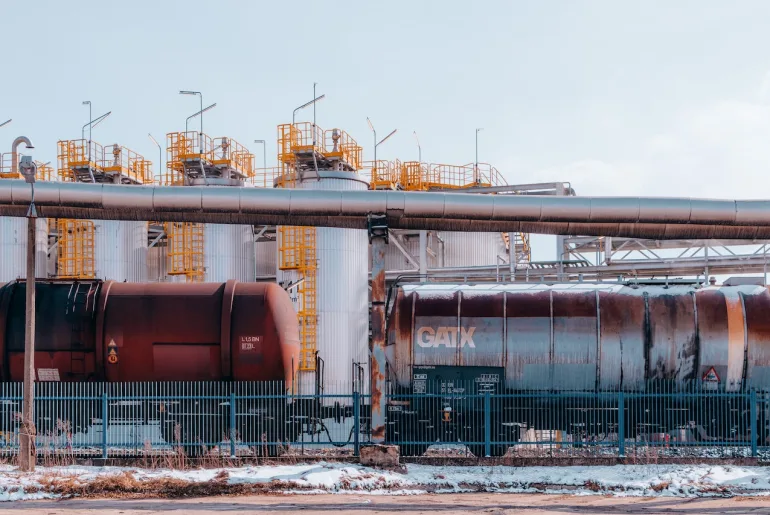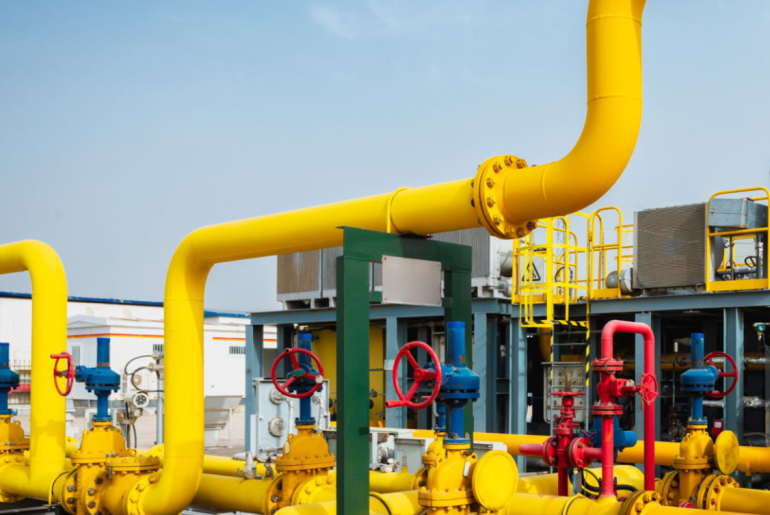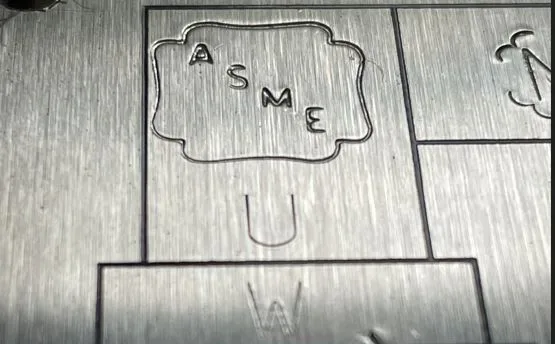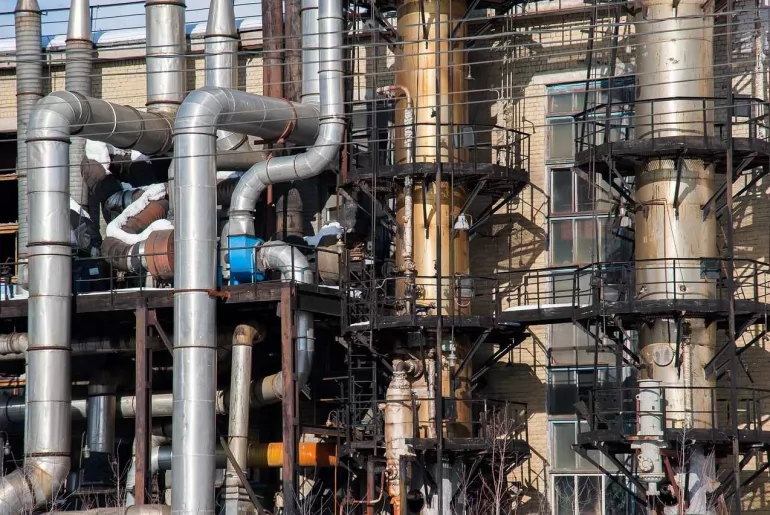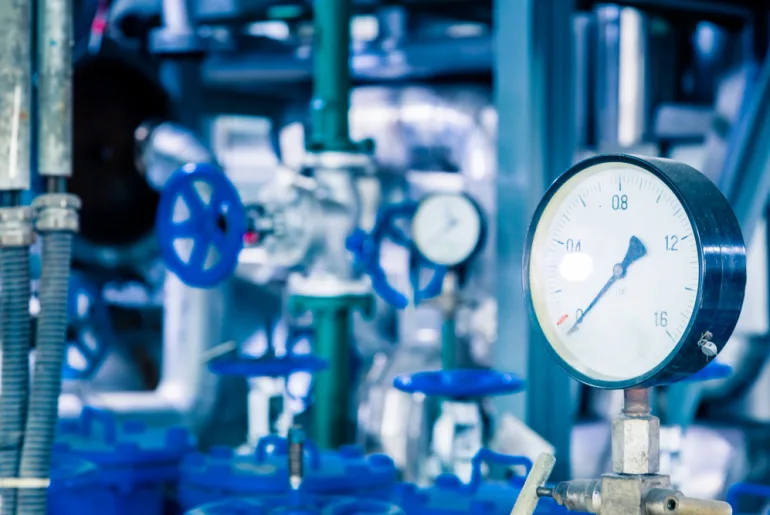Corrosion protection is a vital practice in the petrochemical and energy industry. It prevents safety hazards, reduces costs, and maintains compliance with regulations. Corrosion can cause equipment failure, reduce efficiency, and result in legal liabilities. In this article, we will…
In asset-intensive industries such as energy, petroleum, and chemicals, risk management has become increasingly important over the years. It happens because practical risk-based inspection helps companies evaluate the calculation of cost and risk to make informed decisions regarding their equipment…
In the oil and gas industry, Risk-Based Inspection (RBI) is a valuable approach for proactive maintenance and risk mitigation. This article explores the fundamentals of RBI, including its fundamentals, objectives, key elements, and procedures. Whether you are new to the…
Preparing for the API 571 certification involves practicing with sample questions to ensure a solid understanding of the material. These practice questions serve as valuable tools to assess and reinforce knowledge in a structured manner, aiding you on your journey…
If your daily tasks in the industry involve working with piping systems, the role of a Piping Engineer becomes a crucial cornerstone, especially within oil and gas, petrochemicals, and energy. In this article, we delve into the fundamental aspects of…
In the field of engineering, the utmost priority lies in ensuring safety and reliability. Among the array of tools and methodologies employed for safety, Failure Mode and Effects Analysis (FMEA) holds a significant position. FMEA serves as a robust instrument…
API 580 stands as a cornerstone within the oil and gas, petrochemical, and energy industry, holding immense significance as one of the industry’s foremost and widely embraced API standards for inspection. As industries rely on this standard for operations and…
In the field of industrial quality assurance, ASME U Stamp and R Stamp play crucial roles. In this article, we unravel the complexities of these certifications and get to know the significance in maintaining top-notch standards for pressure vessels and…
Reliability-centered maintenance is a systematic approach to maintenance planning and decision-making that is widely used in the oil and gas industry. The goal of reliability-centered maintenance is to optimize the use of resources and minimize the impact of equipment failures…
ASME Section VIII is a part of the ASME Boiler and Pressure Vessel Code (BPVC) that establishes standards for ensuring the safety and reliability of pressure vessels and boilers. It focuses on designing, constructing, inspecting, and certifying pressure vessels for…

